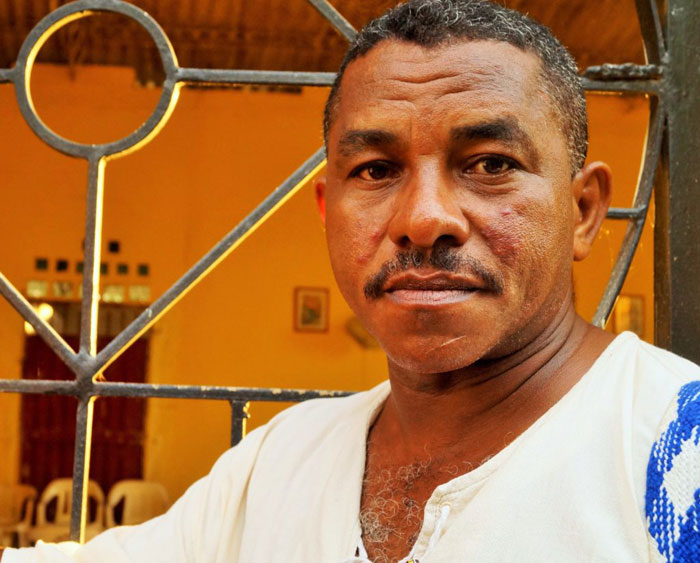The Colombian government and the FARC rebel movement are signing an historic peace accord later today. This accord strikes a good balance between reconciliation and justice, according to PAX. The rebels will be held accountable, but so will army officers and companies that played a role in human rights abuses.
The agreements in the accord now need to be carried out. PAX programme leader Joris van Sandt says, “In order to achieve a sustainable peace, victims at the local level need to be compensated and weapons need to be put down, so that people aren’t victimized again.”
Death threats and murders
In some areas, peace at the local level remains elusive. This is clearly the case in the province of Cesar where European energy companies mine for coal. Nestor Ivan Martinez, a leader of a community that resisted the expansion of a coal mine owned and run by the US mine concern Drummond, was recently murdered in front of his family. The murder fits a pattern documented in the newest PAX report ‘Civil society under threat’. The report shows that death threats and murder are still the order of the day in the mining region of Cesar.
Business community responsible
The European energy companies which import blood coal from Colombia are themselves also responsible to do their part for a sustainable peace in Cesar. The peace accord is not an excuse to maintain their import policy unchanged. Van de Sandt: “To make sure the current violence stops and victims from earlier paramilitary violence are recognized and compensated, energy companies need to increase their influence by stopping the import of blood coal until the mining companies make work of reconciliation and reparations. The peace accord doesn’t change the business communities’ responsibility for peace.”




